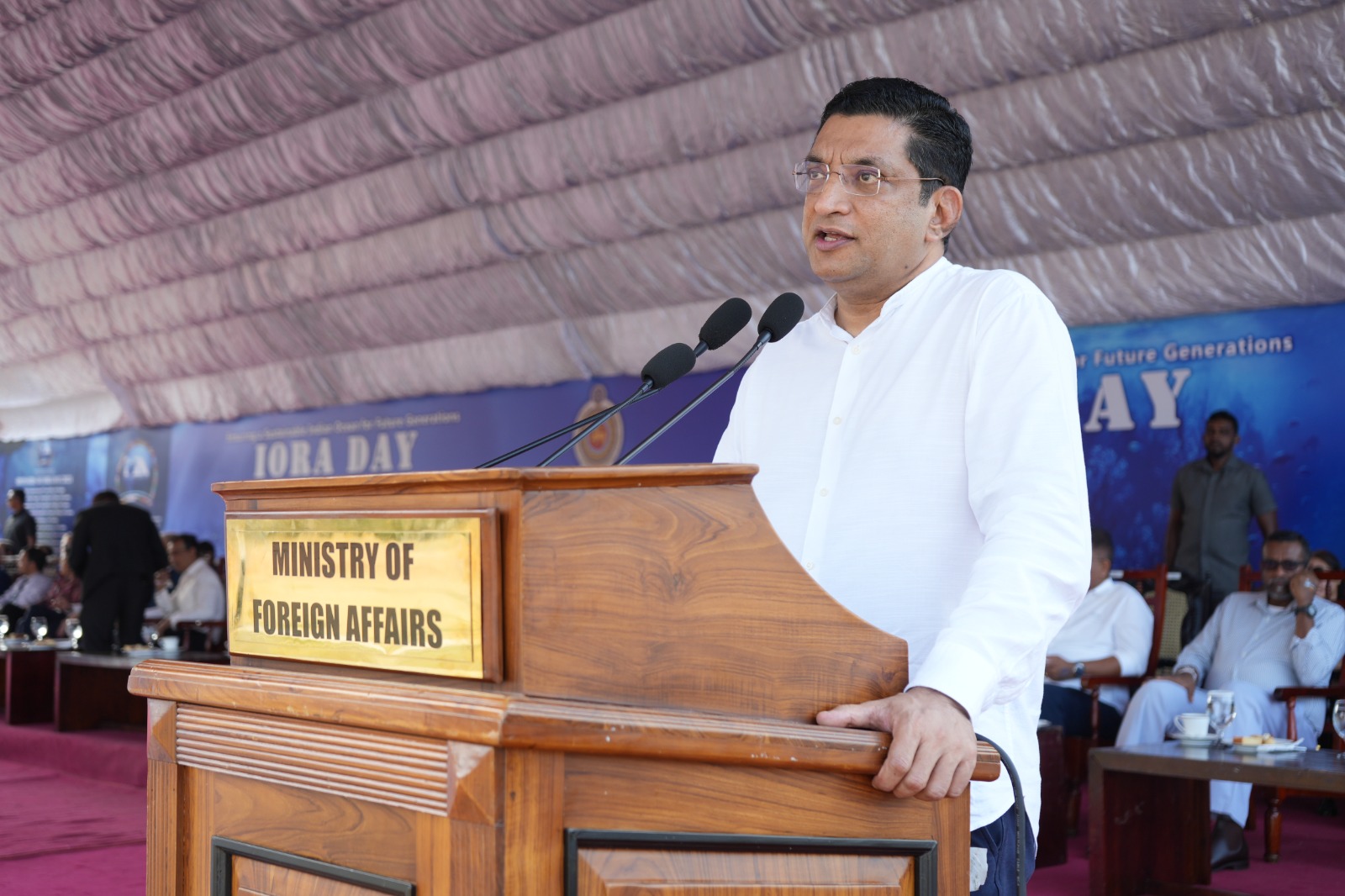
Sri Lanka’s Foreign Minister M.U.M. Ali Sabry assured Parliament this week that the proposed Truth, Unity, and Reconciliation Commission is only a domestic mechanism to ward off foreign interference over war crimes, amidst the continued impunity granted over the years.
“Action has already been taken outside the country and in Geneva, through an external evidence-gathering mechanism. We, as a government, have outright rejected this,” he told the House, adding that this decision was made in 2015 and the government has maintained the same status quo. “What we are trying to do is assert that foreign nations need not interfere in our domestic affairs.”
He went on to say that this was a domestic mechanism that Sri Lanka is engaged in to prevent foreign interference from the outset. “If this is not done, it will be said that those who are victims will have nowhere to go. So they can at least come here.”
Ali Sabry also said that the commission does not have the power to take punitive action against anyone named as perpetrators in these investigations led by the commission; their job, as he put it, is to “file reports.”
SriLanka’s foreign minister @alisabrypc assures @ParliamentLK that the proposed Truth, Unity and Reconciliation Commission (TURC) is none other than a domestic mechanism to ward off foreign interference in alleged war crimes, and confirm continued impunity granted over the years pic.twitter.com/7NRvmXXaxt
— LankaFiles (@lankafiles) September 4, 2024
He added that Tamil political parties have rejected the commission and its mandate. “They are saying that this is a sham and indicative of the Sri Lankan government's inability to face the international community.”
He told the opposition that they, on the other hand, were arguing that it was an attempt to bring Sri Lanka’s armed forces to trial. “If we are taking the forces to the beheading block, won’t the Tamil people support us then? Neither they nor you are accepting it.”
He went on to justify the bill in Parliament, stating that it is not an attempt to support one extreme or another but to find a middle ground through Sri Lanka’s constitution. He urged the opposition to make their objections to the Supreme Court, noting that they still have seven days to do so.
The bill has been slammed by Tamils across the North-East and around the world, who for decades have demanded an independent international mechanism to obtain justice for mass atrocities.
In an interview to the Tamil Guardian, Tamil National People’s Front (TNPF) leader Gajendrakumar Ponnambalam told the Tamil Guardian that the CTUR is "a joke."
“The Secretary to the President invited all sorts of Colombo-based civil society actors, organizations, and activists and had a lengthy meeting regarding how the government proposed to handle reconciliation and accountability, and bluntly stated that their efforts towards creating a TRC are to ensure that criminal accountability goes out,” said Ponnambalam.
